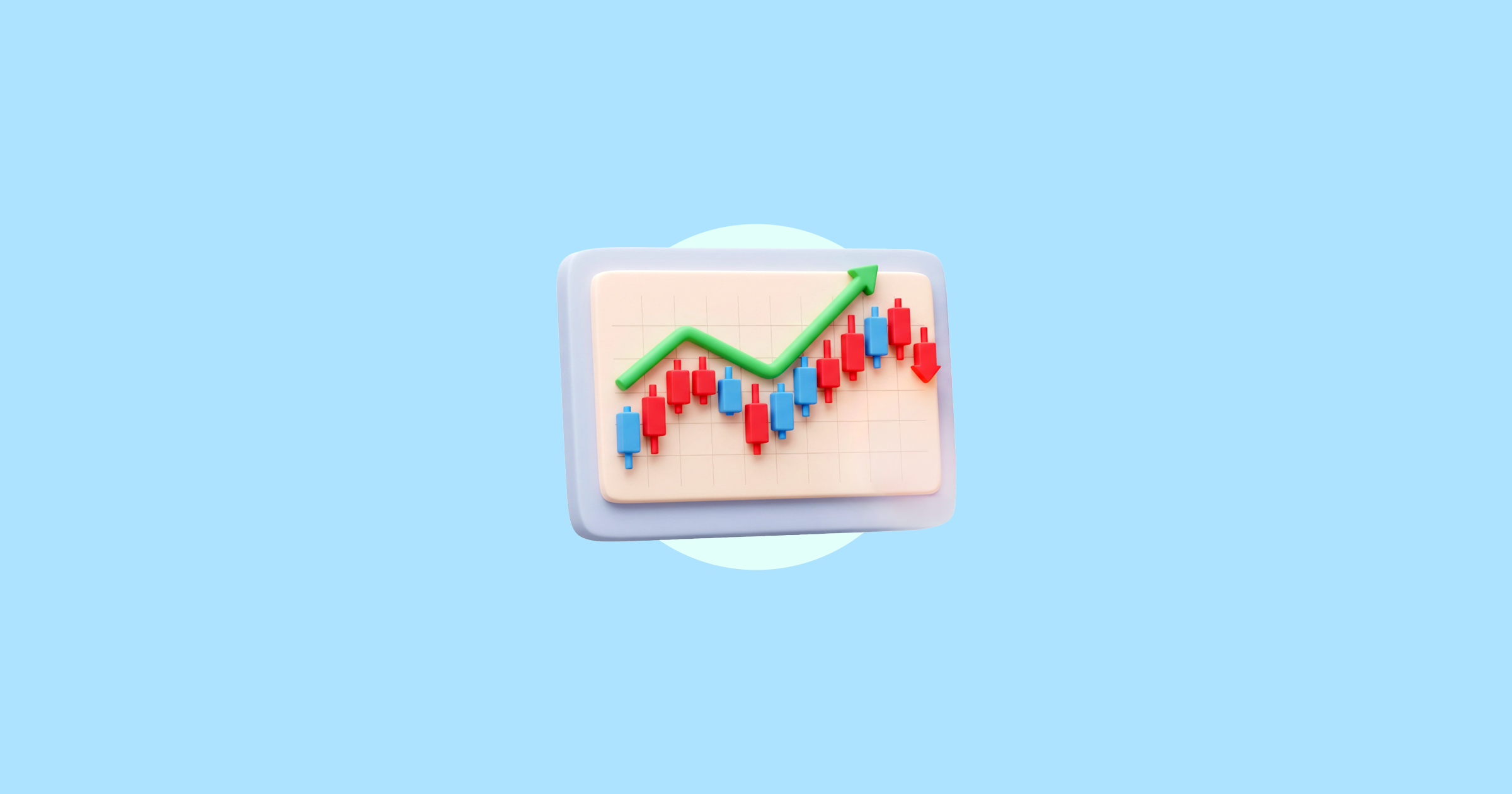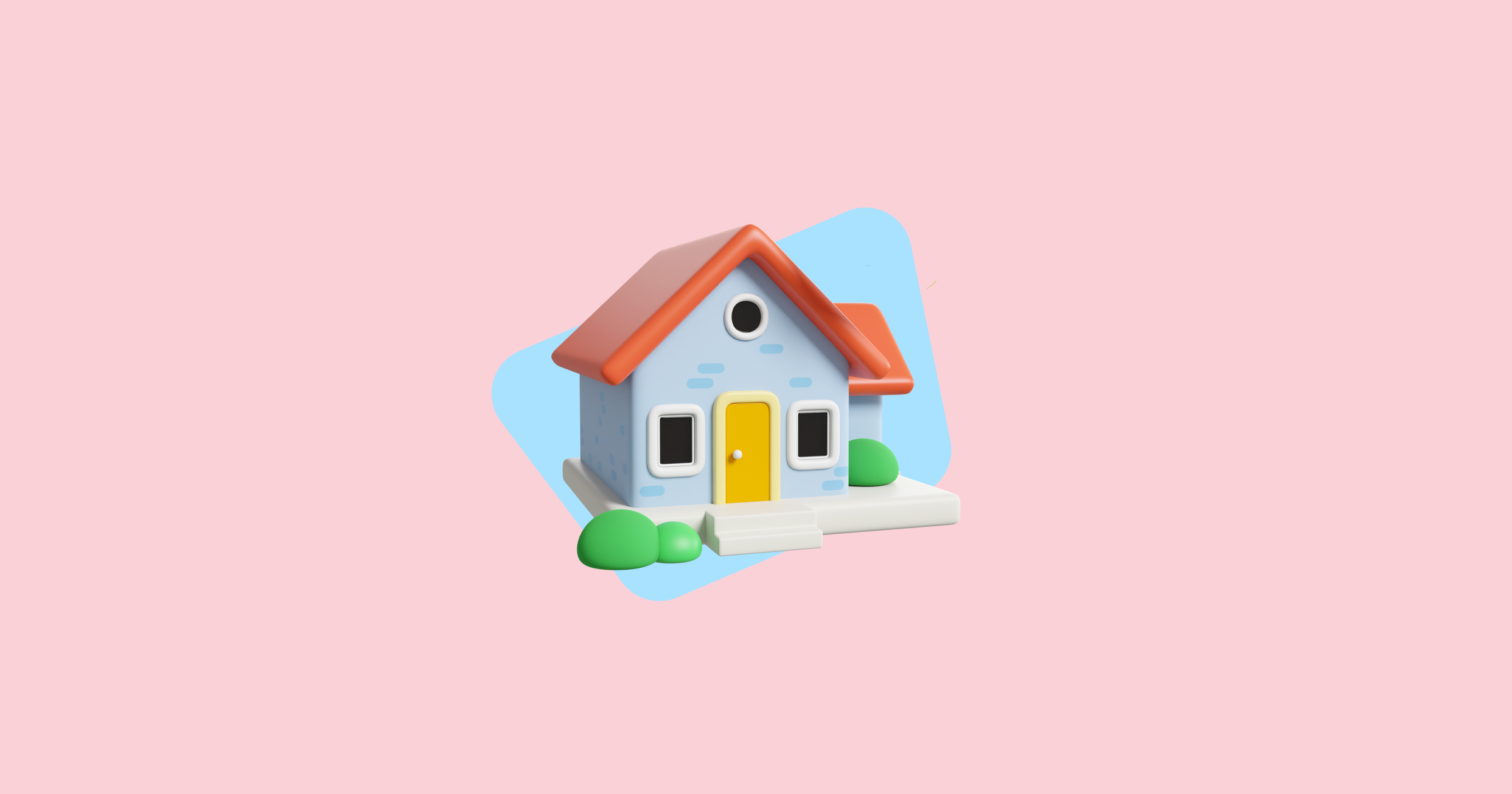What it is
A personal loan is the money you borrow to use for various reasons. The money is paid back in installments with interest set by the lender.
It can help pay for expenses that are not covered by other types of loans such as housing or auto loans. You can apply for personal loans from banks, credit unions, and other lenders authorized by the Securities and Exchange Commission (SEC).
What it means for you
Getting a personal loan can help you pay for necessities if you don’t have enough money saved up. Borrowers typically use personal loans to shoulder medical costs, start or expand a business, and make home improvements, among others.
Most personal loans are unsecured, which means the lender will let you borrow money without a collateral. Secured loans, like car or housing loans, require a collateral as a condition for borrowing.
To get approved for a personal loan, you may be asked to submit documents that prove your ability to repay the debt. Lenders have different requirements, but they usually include proof of income and tax returns.
Some loan agreements also require a co-maker, or a person who can shoulder the debt if the borrower fails to pay.
When considering a personal loan, it’s important to check the fine print. Look at details such as the minimum and maximum loan amounts, interest rates, processing fees, payment terms, and other charges.

_large.png)


